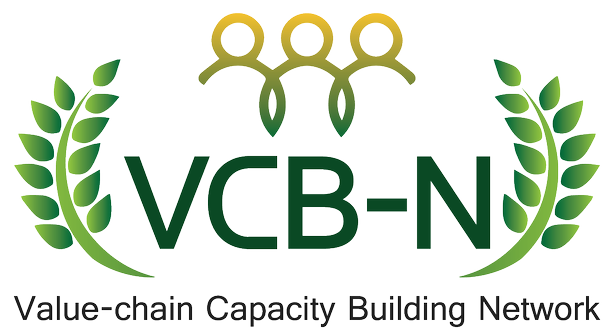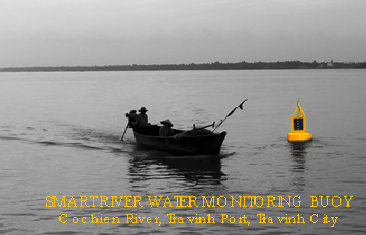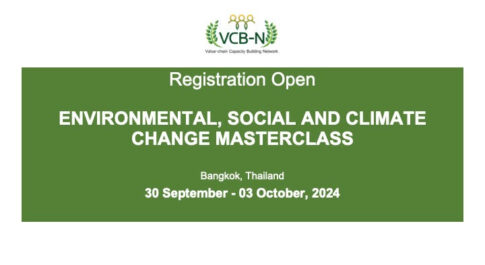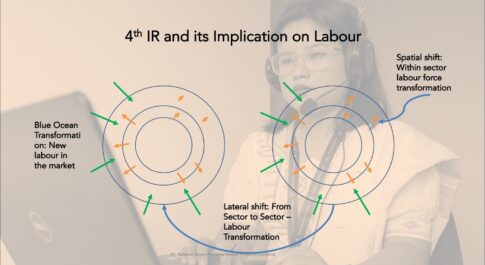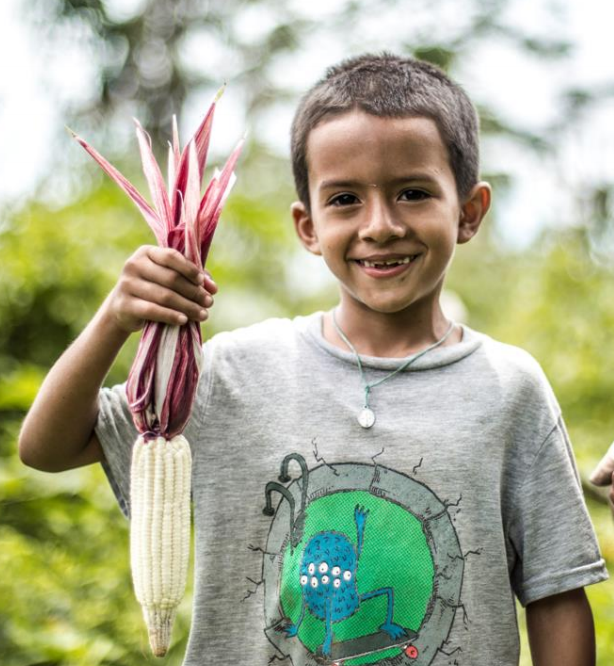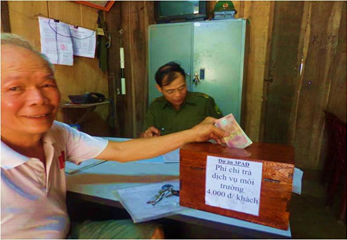
Good practice
Voluntary Payment Environment System
The following good practice is conducted by Giap Hoang Van. The case study was selected and presented in Mekong Knowledge and Learning Fair (IFAD) by representative from Vietnam.
(For presentation in the event, please click here)
Background
Derived from the results of Payment Environment System (PES) under Sub-component 3.2, the 3PAD Project has mobilized and coordinated the parties to develop a mechanism and agreement for voluntary Payment Environment System (voluntary PES), in which (i) households organize tourism activities in Pac Ngoi village, Bo Lu (in Nam Mau commune, Ba Be district). Ba Be Lake Services Cooperative agreed to contribute a certain amount of money from their profit (% per customer) to pay for the community of Duong Village (Hoang Trieu Commune). This amount was used for the following purposes: (i) 20% for forest protection patrols, (ii) 30% for regeneration and afforestation, (iii) 30% for community livelihood improvement, (iv) 10% for collecting and 10% for disposing of garbage and (v) other community purposes. In addition, the Project Management Board of 3PAD also supported the community of Duong Village in Hoang Tri Commune to build two ditches over 500m in the form of Community Force Account. Farmers who cultivated or involved in the construction area would voluntarily contribute VND200,000 / ha / year for maintenance, conservation and environmental sanitation.
This model has been successfully piloted during the implementation of the 3PAD project. The total funding of VND 26 million has been handed over to the community of Ban Duong village (29 households managing 360 ha of forest) with the witness of the 3PAD, Ba Be National Park and communities of Pac Ngoi, Ban Duong and Bo Lu villages.
Voluntary PES is considered to be one of the first ideas in the country and among the few ideas in the world where community benefited from the environment (lowland) volunteered to pay for forest and water resources protection efforts in upland areas.

Innovation/Good Practices
Compared with other Payment Environment System programs/projects, this model is much more effective in terms of cost savings. Nearly the project and local people do not need to spend much money on the process of investigation, identification, evaluation and implementation. More effectively, this model can be repeated many times, meaning that people in the lowland villages will pay voluntarily each year if they are “provided service” by upland communities.
According to the evaluation, after a period of implementation, this model has the potential to be easily replicated to other villages, when Ban Duong village has stabilized and benefited from increased forest area, the amount of contributed money by lowland villages can be used for implementation in other villages.
Impact:
The direct beneficiaries of this activity are Ban Duong village community in Hoang Tri commune, Ba Be district with a total of 29 households, of which 9 are poor and 11 are near poor households. The biggest impact of the activities is to raise awareness of the community on environmental and natural resources protection. All of 29 households in Ban Duong village confirmed that they knew how to dig pits to bury garbage and no longer exploit the forest indiscriminately as before.
In addition, the implementation of community-based voluntary PES also enhances co-operation, mutual support, cohesion and autonomy of local people in the performance of community work. On the other hand, successful implementation of the model also contributes to the investment of other ecological and tourism (REDD + and KFW) projects in the area.
Facilitating Factors/Challenges
Voluntary PES activity is the result of enhancing community ‘s awareness, capacity, attitudes and behavior (through PES implementation). Therefore, the process of developing a mechanism and implementing the agreement is easy to obtain consensus from stakeholders, especially the financial providers (Pac Ngoi village and Bo Lu village).
However, a major challenge in implementing this model is to make it possible for the stakeholders to maintain the model’s activities even after the project has ended. Paying is voluntary as it is called, that means the activities can only take place when the community, in particular the participants, is aware of their responsibilities and benefits.
Lessons Learned
With the advantage of cost-savings compared to other payment environmental systems, it is possible to see a voluntary PES model with high potential for replication. However, in order to successfully implement and maintain the model, good information/education and awareness raising activities for the community and especially the stakeholders should be implemented.
In addition, it is necessary to have a specific strategy and appropriate approach to develop regulations and agreements to comply with natural conditions, political and socio-economic situation as well as customs in the project area. Besides, an agency/ community that has full capacity and reputation to coordinate and monitor the implementation of agreements is also an important factor to help this activity develop efficiency and remain sustainability after project completion.
Recommendations
The other ecological and environmental programs / projects of Government, IFAD and other donor agencies should consider focusing on the development of Voluntary Payment Environment System as this model can optimize cost savings while having high efficiency. In addition, enabling policies and institutions, and understanding of specific conditions of each geographic region are need to develop appropriate approach and mechanism to be able to implement and replicate the model in an effective and enduring way.
You may want to read
